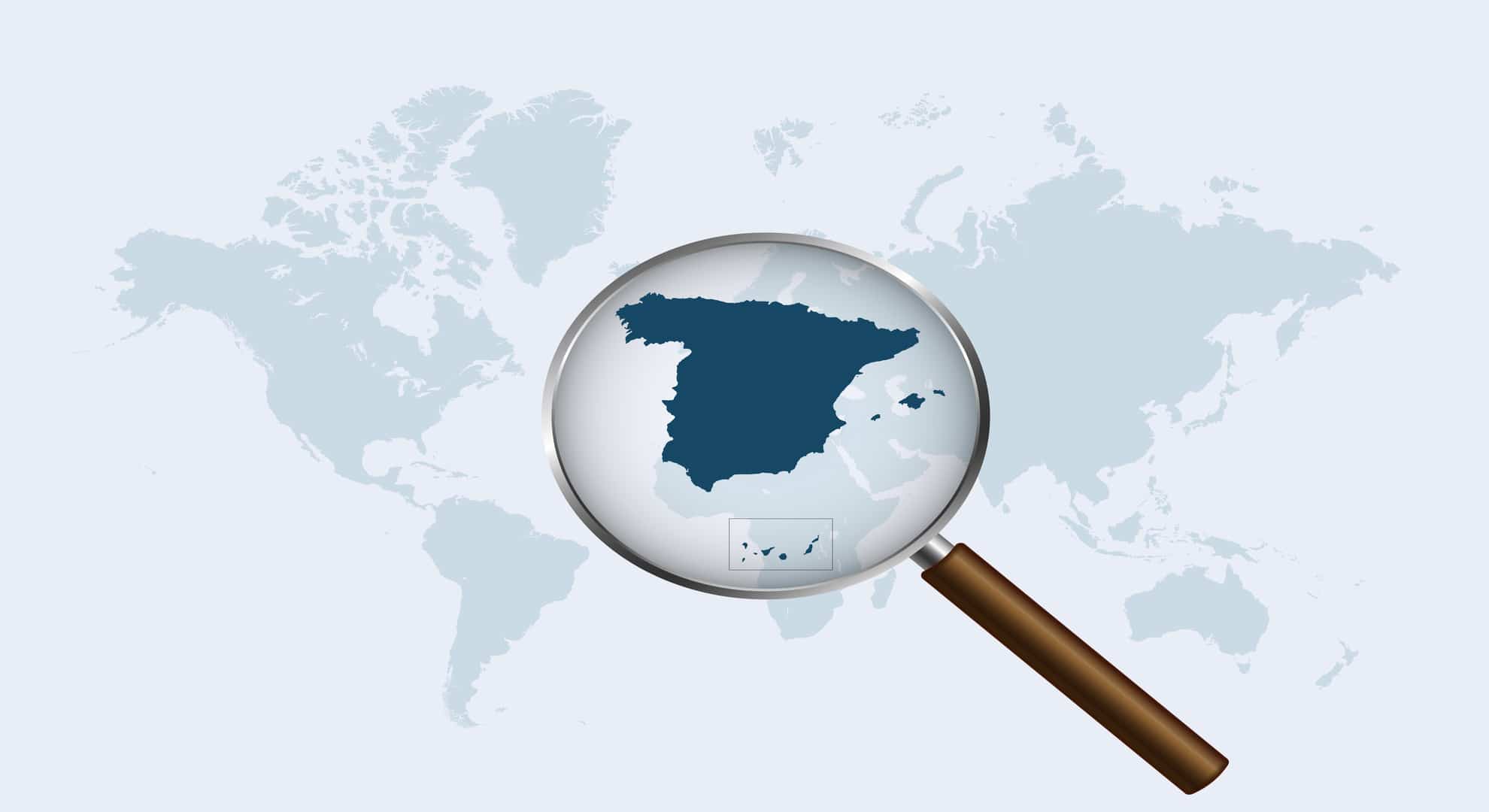
07 Oct Spain, a leader in connectivity: top 3 in Europe
As a nation, Spain continues to deal with the enormous challenge and responsibility of betting the house on the digital transition. This was recently spelled out at an event attended by the Secretary of State for Digitalisation and Artificial Intelligence, Carme Artigas. A number of strategic actions need to be addressed simultaneously, but one of the most important is connectivity and, in that sense, there’s reason to be satisfied with developments in this area.
According to DESI, the Digital Economy and Society Index, which measures the degree to which the societies and economies of world powers have been digitalised, Spain ranks third in terms of data connectivity following an analysis of the country’s degree of implementation of broadband, level of coverage and operator prices. This third-placed ranking was achieved for the second consecutive year, setting up a podium on which Spain is joined by Denmark and the Netherlands, also for the second year in a row.
European leaders in high-speed connectivity
The final report, which compiles DESI data and related analyses, also reflects the fact that Spain is putting all its focus onto ‘quality’ connectivity through high-capacity broadband: 70% of homes in Spain have a 100Mbs Internet connection or better, which puts the country in first place compared to its European counterparts. Furthermore, 96% of Spanish households have a permanent network connection, which also makes Spain the European leader of the pack.
DESI analyses several key criteria, including connectivity, digital public services, the digitalisation of companies, connectivity and human capital. Although growth hasn’t been evenly achieved in all of these areas, general development throughout Spain has been positive, helping the country climb two places in the general rankings with respect to its position the previous year. Currently, Spain ranks seventh among its European partners.
The digitalisation of companies: where connectivity isn’t enough
Although the data on connectivity is highly encouraging, and the development and implementation of 5G connectivity is also showing signs of hope, efforts must continue to be made in the digital transition of Spain’s business fabric. Particularly considering that, when looking at the data from 2021, 93% of Spain’s businesses nationwide are SMEs, i.e. those with 10 employees or fewer.
In this segment specifically, just 85.3% of companies had a computer, just 21% offered remote working – compared to 50% of bigger organisations –, a tiny 9.7% had ERP systems, and less than 60% had cybersecurity measures in place. These figures are just a glimpse of some of the areas that require improvement to varying degrees.
To remedy these issues, the Spanish Government drew up its 2021-2025 SME Digitalisation Plan, in which various ‘drivers of change’ have been set out to bring together various areas of focus, including digitalisation programmes, support with managing the shift towards digital, support for disruptive and innovative SMEs, an important support and investment programme for digitalisation across sectors – with particular emphasis on tourism, industry and commerce –, as well as the implementation of a digital SME hallmark, to name just a few. The total amount of investment involved in this plan is €4.65 billion.
Skills, the essential complement to connectivity
Most likely the key factor preventing Spain from taking a higher position in DESI rankings is the fact that connectivity itself leads to neither digitalisation nor economic development. It’s pointless having the infrastructure, equipment, coverage and broadband in place if the population doesn’t have the appropriate level of digital knowledge and skills to make the most of them.
To achieve this, the Spanish Government is taking steps with the aim of expanding digital training among citizens and reducing the technological gap – among other things –, while also setting out serious investment and institutional support through its National Digital Skills Plan, with an economic investment of some €140 billion on the cards by 2025.

